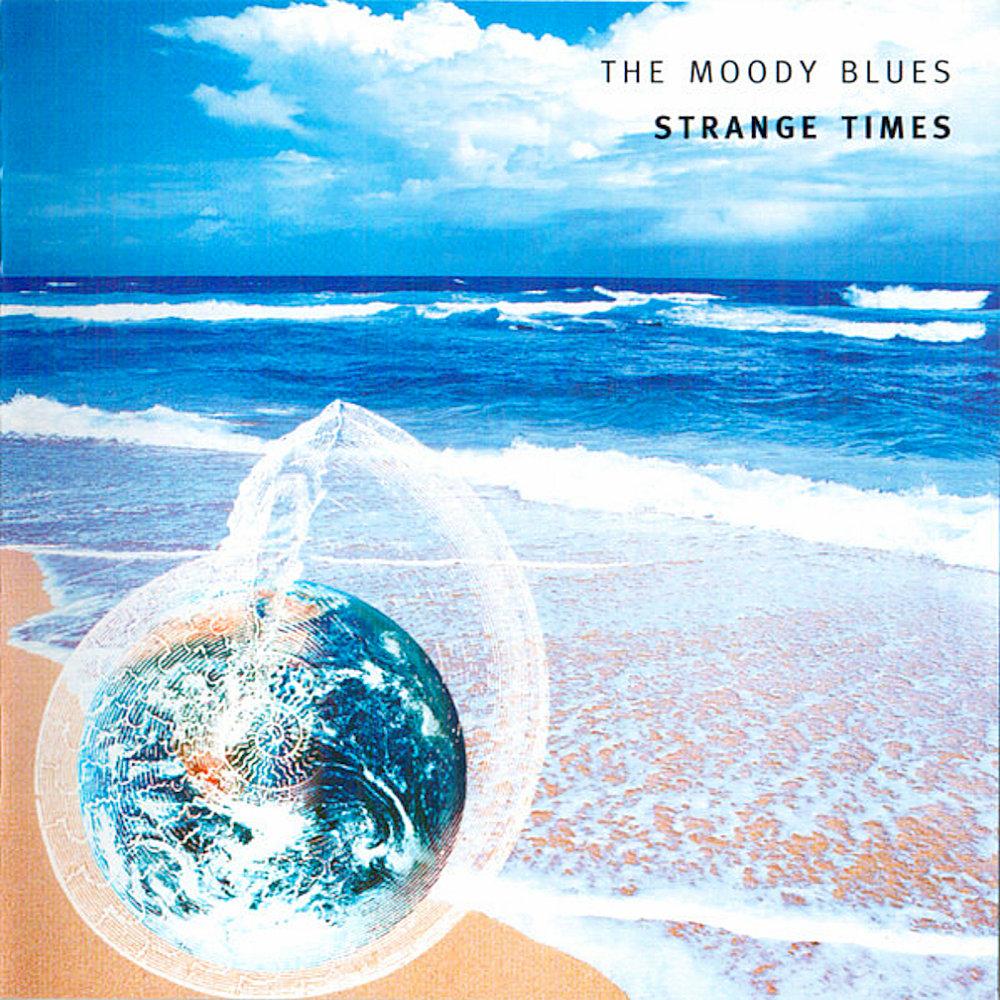
Album Information:
Album ID: 10190
The Moody Blues - Strange Times
Label: Threshold
Catalog Number:
012 153 565-2
Release Date:
August 17, 1999
1. English Sunset 5:05
2. Haunted 4:31
3. Sooner Or Later (Walkin' On Air) 3:49
4. Wherever You Are 3:35
5. Foolish Love 3:56
6. Love Don't Come Easy 4:33
7. All That Is Real Is You 3:33
8. Strange Times 4:29
9. Words You Say 5:31
10. My Little Lovely 1:45
11. Forever Now 4:37
12. The One 3:39
13. The Swallow 4:58
14. Nothing Changes 3:32


 Last Played: 12/23/24 03:33 PM
Last Played: 12/23/24 03:33 PM Last Played: 12/23/24 03:24 PM
Last Played: 12/23/24 03:24 PM